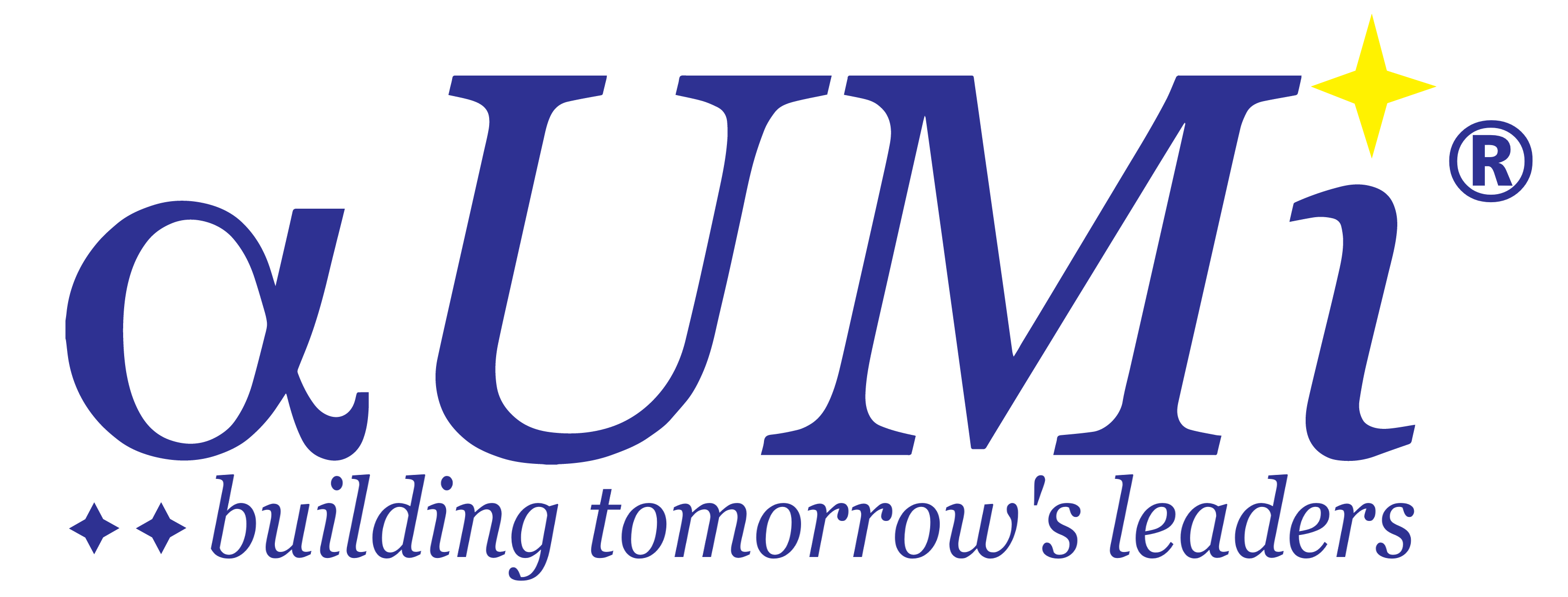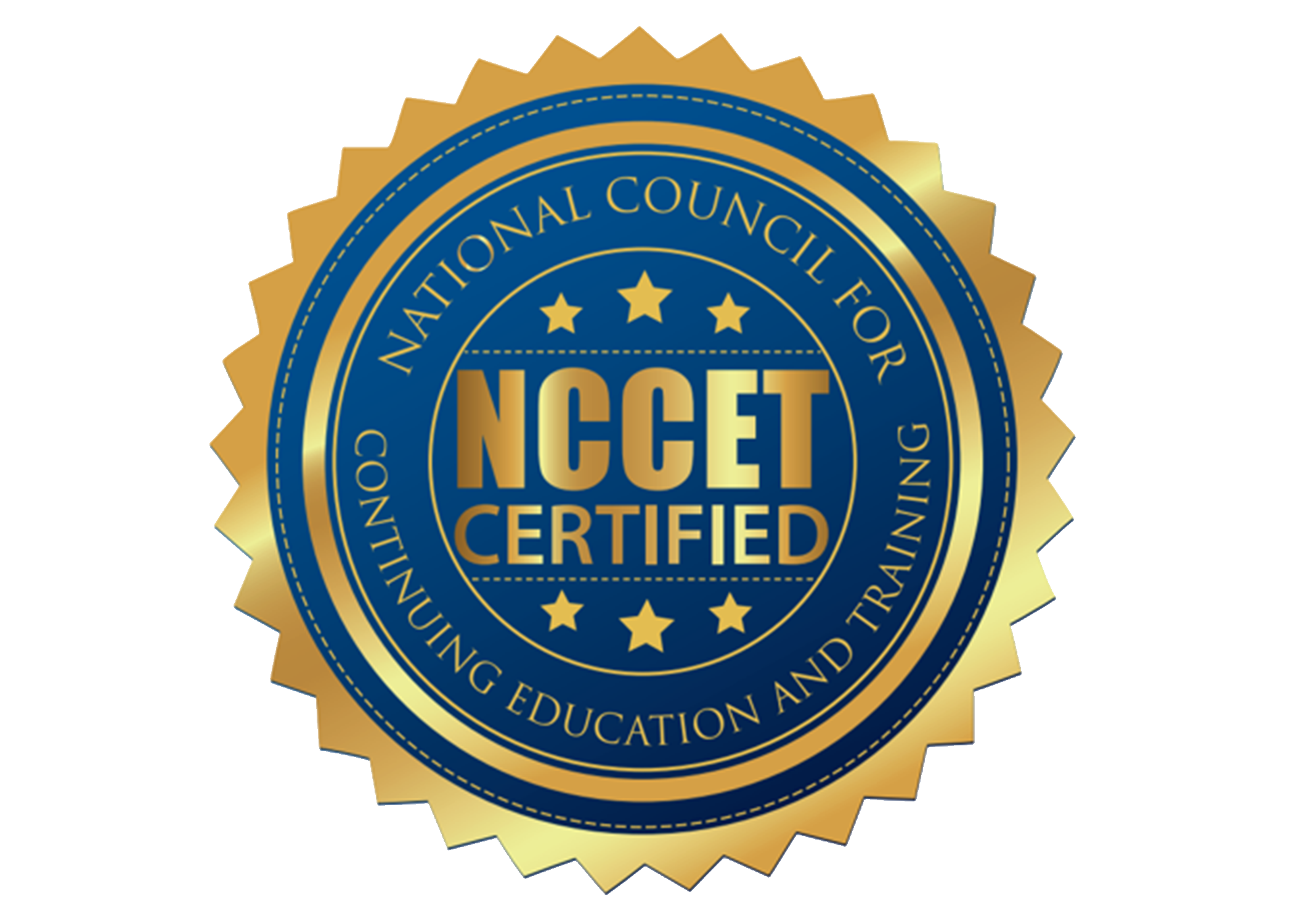This week I had the opportunity to give an invited talk for a conference on Leading Without Authority. Leading without Authority addresses the challenge of getting people to willingly cooperate and engage, rather than following directives because you’re the boss; to get them to follow your lead or your ideas because they want to, not because they are told to.
As an engineering consultant for three decades, I was often put in the position of having to work with an organization to ferret out issues that were causing either cost growth, capability decline, or schedule expansion to a project. While my government clients had ultimate authority over those contracts and the work done by the companies, I had none.
My challenge was to access and understand sensitive data and then offer solutions. I learned over time that the first thing the leadership and staff needed to see and believe was that I was not looking for someone to blame. The second thing they needed was to understand that I really wanted a beneficial outcome, for them, for my client, and for the warfighter. The third thing they needed was to understand that I had the requisite experience to help them with this challenge.
As a colleague once told me, people don’t care how much you know until they know how much you care.1 That stuck with me. It was how I naturally engaged companies when I had to dig deep into their work to understand the cause of issues. In my new role of selling professional development training, it has become my opening when I talk to groups of people, particularly those I don’t know. They need to understand that I come from a place of knowledge and experience, and that I care.
In my consulting role, the companies wanted to be on track in schedule, cost, and capability. They were motivated to be on a sound footing contractually as well as to maintain good faith with their customer. Often, we would find a requirement that was being interpreted in a very expensive or challenging way that was not what was desired in the first place. Coming to that understanding required that they trust me, and I trust them.
Leadership in volunteer organizations is very much a leading without authority situation. While there is a hierarchy in many volunteer groups, the leadership learns quickly that volunteers do not like to be “volun-told”. The volunteer organization’s staff are there because of a shared interest. It is their passion that drives them to productivity, and that passion is what needs to stay in the forefront to get the tasks of the organization done.
For my talk, I identified a series of characteristics that I believe form the basis of the skills that individuals who lead without authority possess. Few will be proficient in all these skills, but most successful leaders in the lead without authority realm will possess a majority on this list.
- Be credible. When a jury picks a foreman, they are selecting an individual they have known for a very short period of time. In talking to others who have served on juries, the common characteristic of the foreman selected was the ability to talk credibly on a variety of topics.
- Be seen as trustworthy. Trust is a foundational block of leadership. It is especially important to someone who wants their ideas achieved. The group needs to believe that the leader will be there to see it through.
- Have a positive attitude and a growth mindset. The emotional energy a leader has is often transmitted to the group. People who exude positivity are much more fun to work with than those who portray a gloom and doom philosophy.
- Be succinct. Recognize that in today’s Instagram and Tweet defined world, you are playing to short attention spans. It’s always good to share the “why” but it’s got to be short. Likewise, condense your vision into concepts that are easily understandable and quick to grasp. Plan to work the details out in committee.
- Be a good listener. This encompasses many skills including being a good active listener, being empathetic which requires good emotional intelligence skills, and being to other’s ideas.
- Build and leverage your network. You are only limited by what your friends don’t know. So, take the time to develop relationships.
- Be a good communicator and organizer. Strive to maintain energy and organization through emails and other information-sharing means when you are not meeting. Make sure the organizational assignments are clear. No one likes to find out that the work they did was also done by someone else.
- Show your passion. This gets back to the notion that people want to know how much you care. Passion is a very powerful motivator. Recall Linus’ talk to the chaotic group responsible for decorating for the Christmas pageant that spent more energy giving grief to Charlie Brown for his choice of tree than getting the work done. Drawing an example from Charlie Brown’s Christmas, after Linus delivered his speech, the group united and the work got done.
- Manage your time and the group’s well. Wasted energy is a negative motivator. Enough said.
- Show your appreciation. Everyone likes to have their contributions recognized. This can be as simple as giving credit as opposed to taking credit. But a ‘thank you’ goes a long way towards fostering a sense of appreciation with those who are working with you.
- Be generous. This doesn’t necessarily mean financially. Be generous with attention and appreciation. Be generous with access to you and your time. Be generous with sharing the tasking and information. When you are seen as a giver, you will find support when you need it. Another example from the entertainment industry is from “It’s a Wonderful Life.” George Bailey spent his life helping people in his town, personally and through his savings and loan company. When a problem arose threatening his business, the many people he had helped came together to help keep the company solvent.
- Check your ego at the door. I’ve watched egos drive extremely productive individuals to the sidelines, individuals whose contributions were significant and whose absence significantly cost the organization. Recognize that there is more than your way to achieve goals. Be open and encouraging to other’s ideas. Allow the group the opportunity to determine their path forward. This will give them ownership of the path.
- Do your best. Anything worth doing is worth doing well. People like to align with individuals who are successful and who exemplify excellence.
In summary, a person who can lead without authority often radiates passion about the task they have taken on. They are good listeners who understand that there is more than just their way to do something. They are encouragers of individual ideas and talents while keeping the group headed towards their goal. Leading without authority happens when groups are energized through the recognition that the drive to achieve comes from the group.
1This statement is attributed to a great many individuals including John C. Maxwell and President Teddy Roosevelt.


